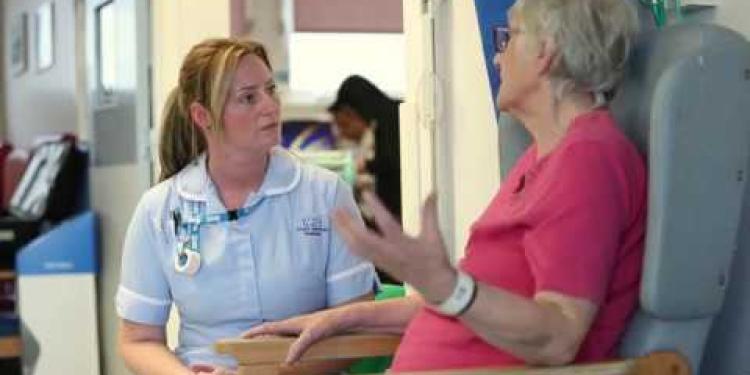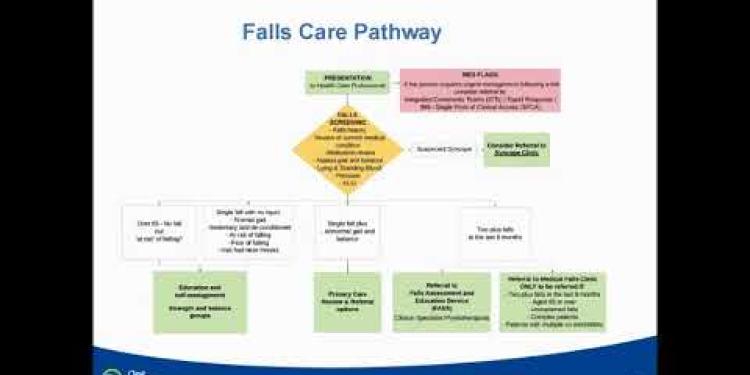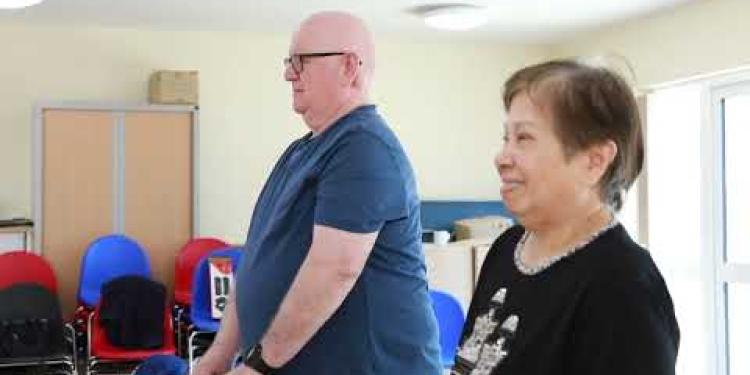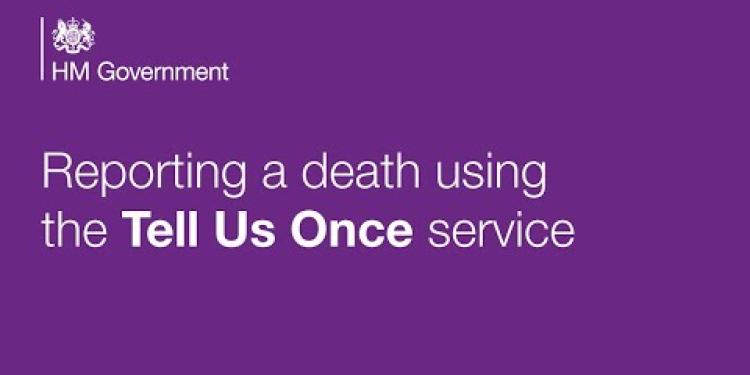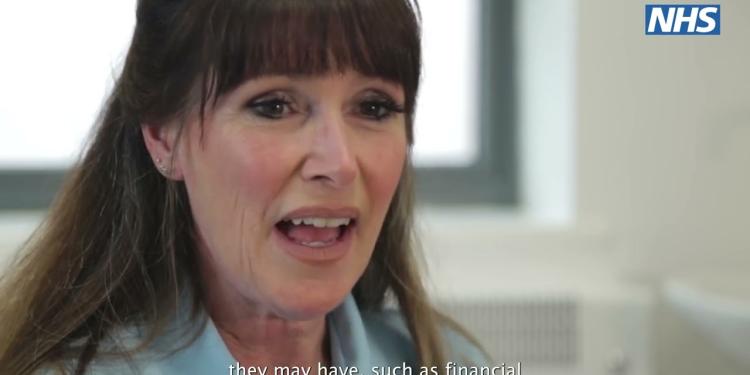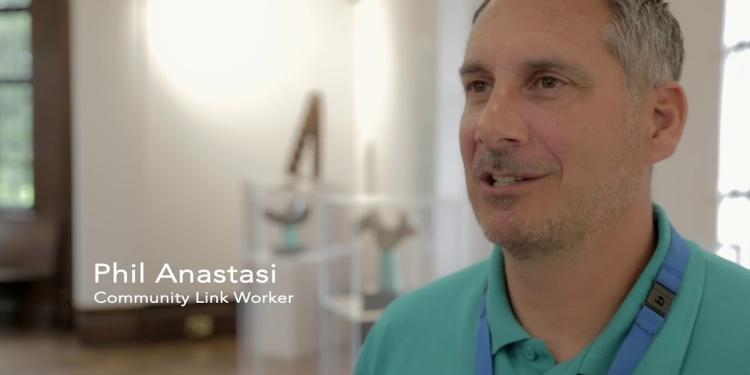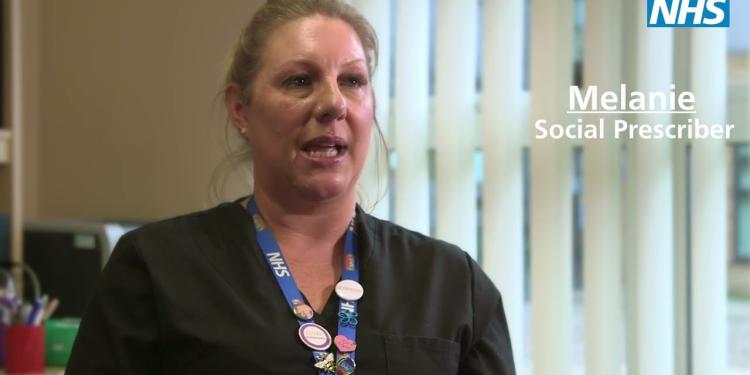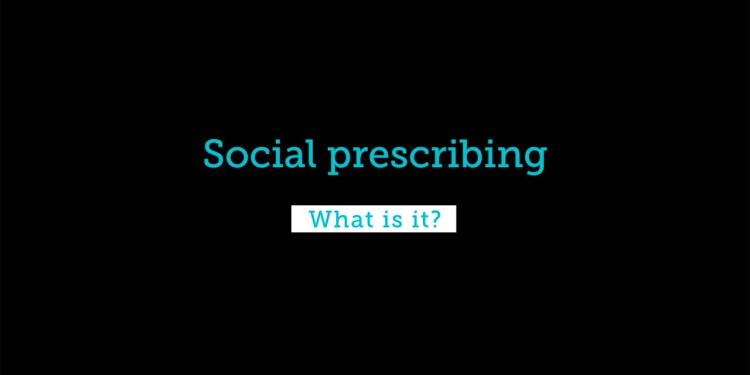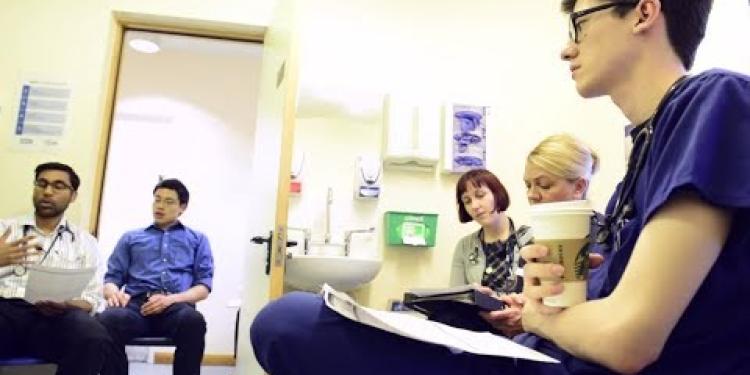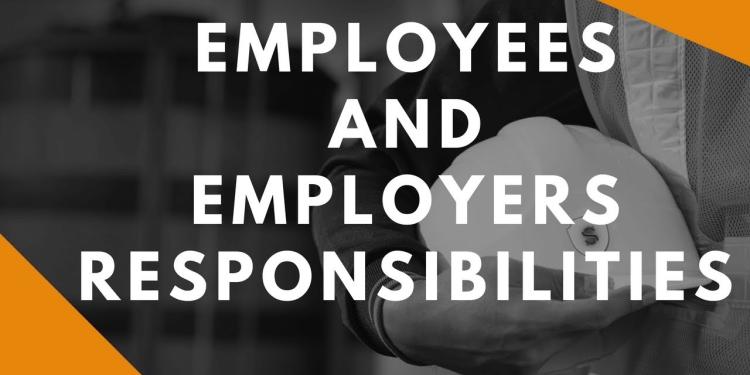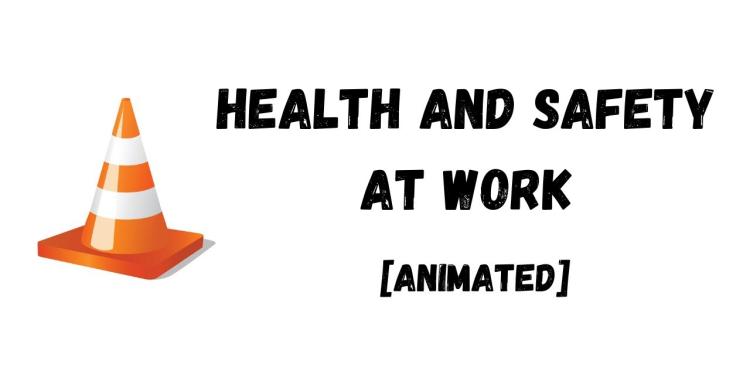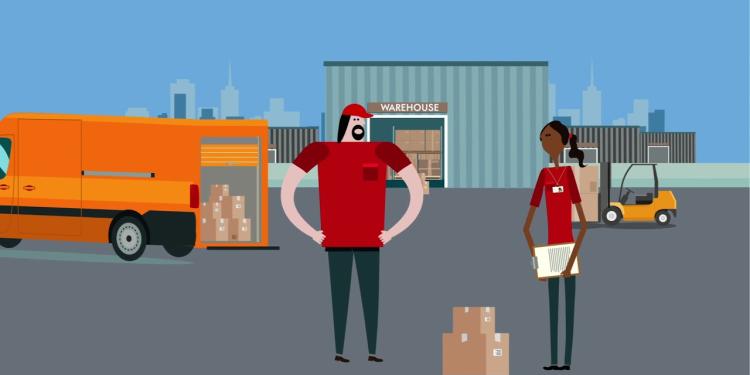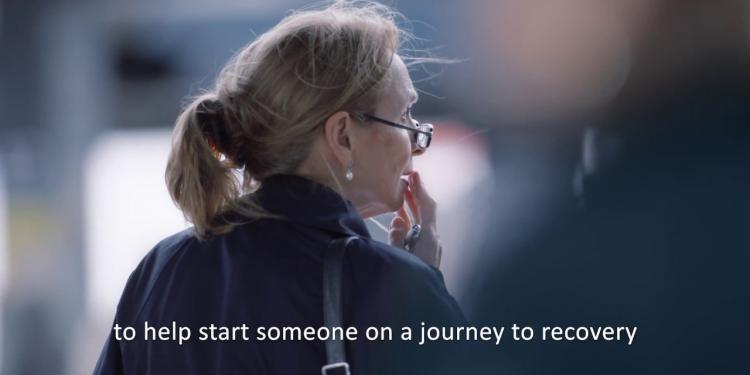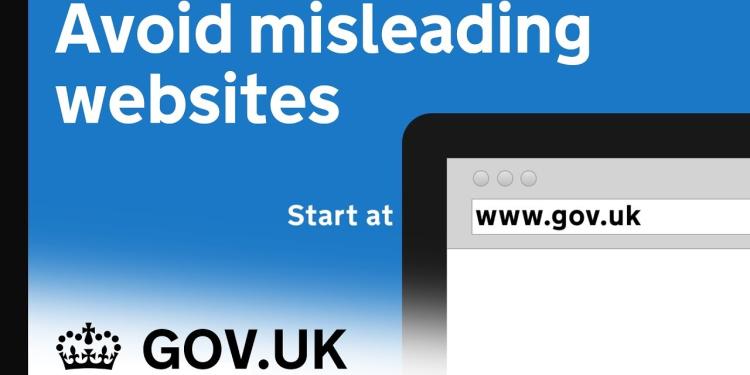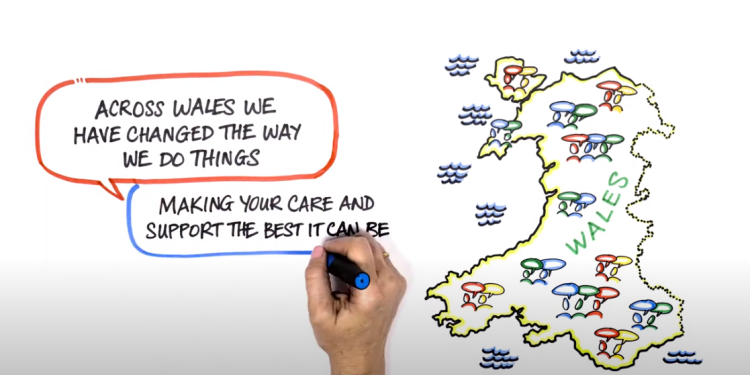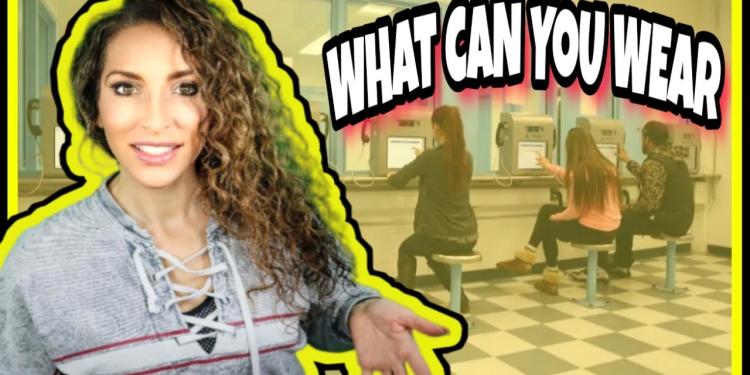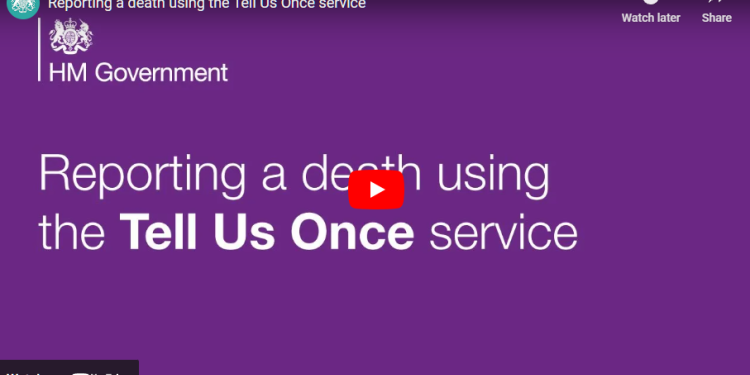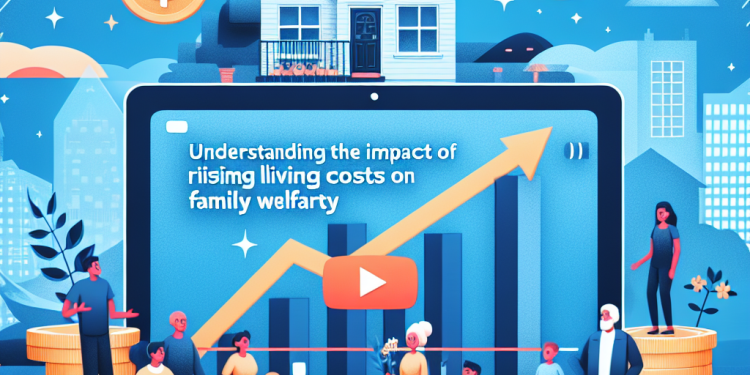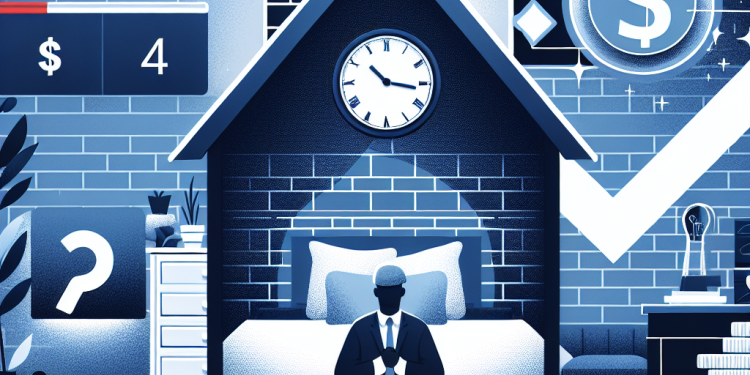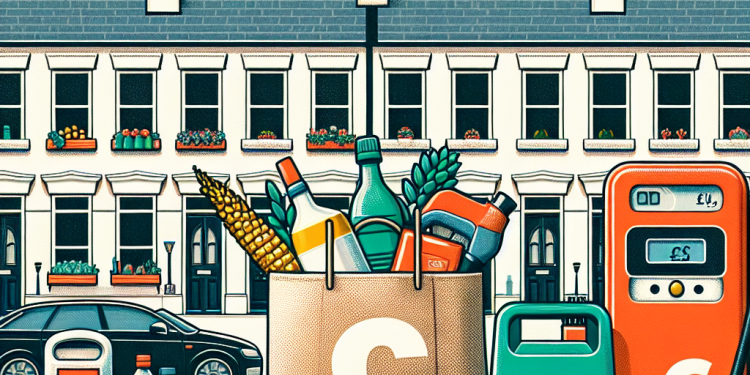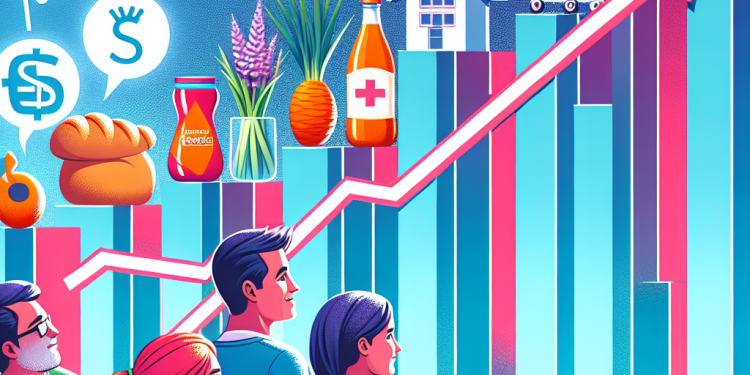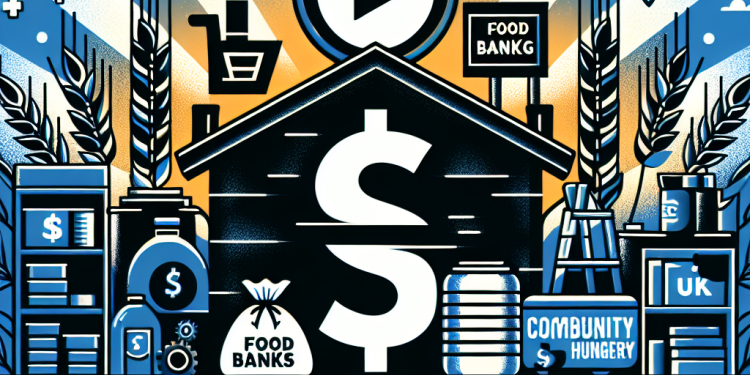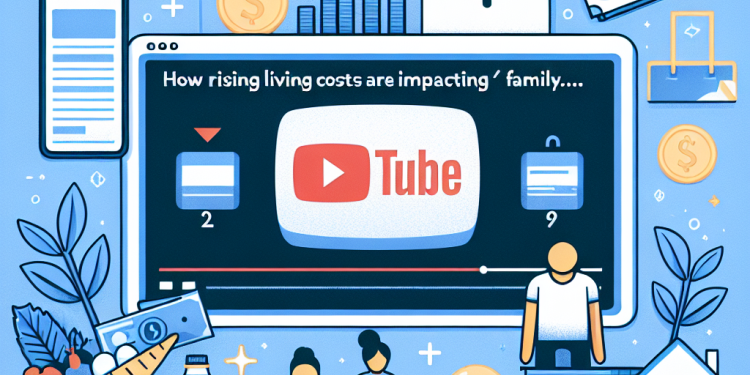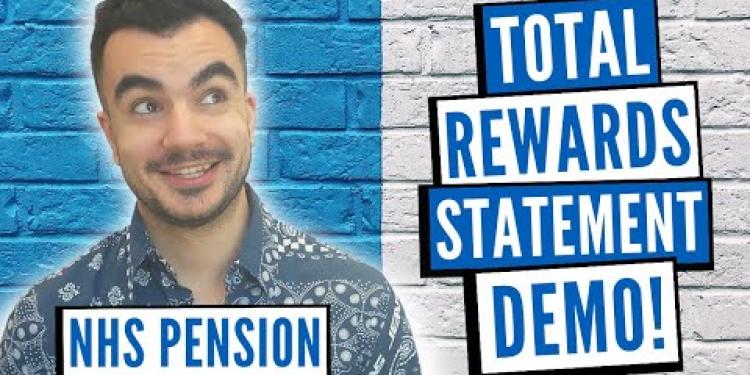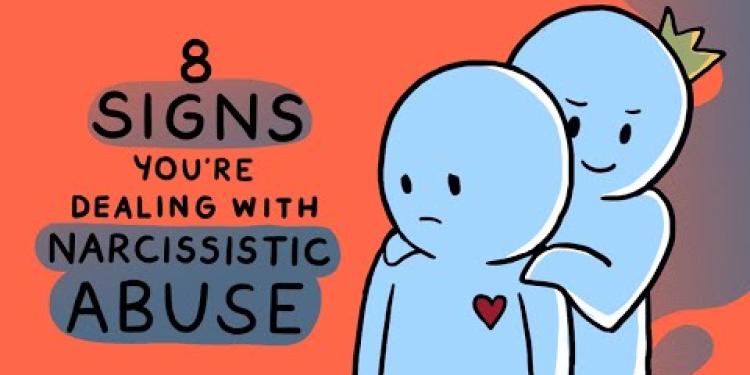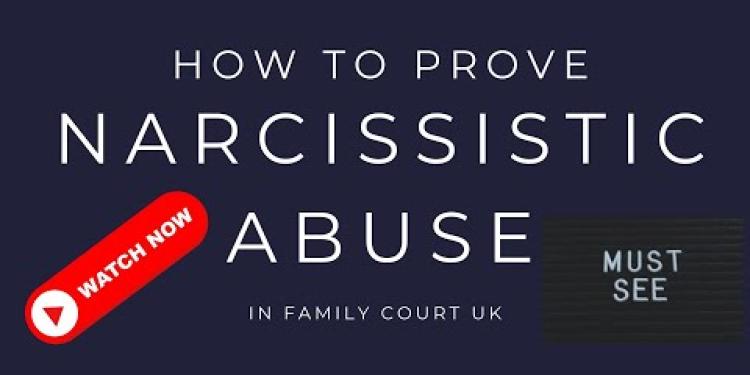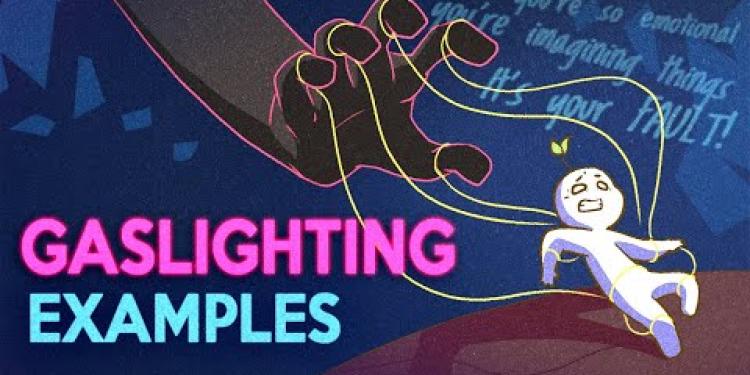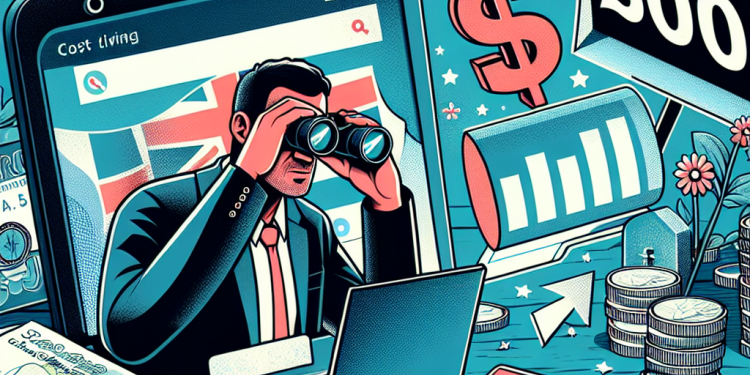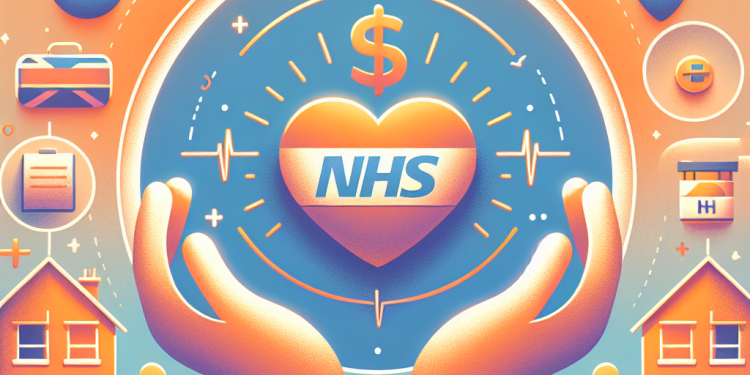Important Information On Using This Service
- Ergsy carefully checks the information in the videos we provide here.
- Videos shown by YouTube after a video has completed have NOT been reviewed by ERGSY.
- To view, click the arrow in the center of the video.
Using Subtitles and Closed Captions
- Most of the videos you find here will have subtitles and/or closed captions available.
- You may need to turn these on and choose your preferred language.
Turn Captions On or Off
- Go to the video you'd like to watch.
- If closed captions (CC) are available, settings will be visible on the bottom right of the video player.
- To turn on captions, click settings.
- To turn off captions, click settings again.
Find A Professional
Social Prescribing in South East London
Introduction to Social Prescribing
Social prescribing is an innovative approach to healthcare that goes beyond traditional medical treatments by connecting patients with non-medical support services. In South East London, this holistic model aims to improve the overall well-being of individuals by addressing social, emotional, and practical needs. This initiative helps patients engage with community resources, reducing the burden on the healthcare system and enhancing quality of life.
How Social Prescribing Works
Social prescribing typically involves healthcare professionals like GPs, nurses, or social workers who identify patients that could benefit from non-clinical interventions. These professionals then refer patients to social prescribing link workers. Link workers are trained to understand the specific needs of each individual and connect them with local services such as support groups, exercise classes, volunteering opportunities, or arts and cultural activities.
Benefits of Social Prescribing
Implementing social prescribing in South East London has shown multiple benefits, including improved mental health, reduced loneliness, and better management of chronic conditions. By encouraging social interaction and community involvement, individuals often experience a sense of belonging and purpose. Furthermore, social prescribing can lead to reduced demand for primary care services, allowing healthcare providers to allocate resources more effectively.
Examples of Social Prescribing Activities
Patients referred through social prescribing can engage in various activities tailored to their interests and needs. Examples include:
- Joining community gardening projects to promote physical activity and social engagement.
- Participating in creative arts workshops to enhance mental well-being and reduce stress.
- Attending financial advice sessions to help manage personal finances and reduce anxiety.
- Enrolling in cooking classes to learn about nutrition and healthy eating habits.
Challenges and Future Directions
Despite its benefits, social prescribing faces challenges such as limited funding, varying levels of service availability, and the need for better integration with healthcare systems. To overcome these challenges, stakeholders in South East London must prioritize sustainable funding, enhanced training for link workers, and improved awareness about the services available. The future of social prescribing looks promising, with ongoing efforts to refine and expand this model to benefit more people in the region.
Conclusion
Social prescribing is a valuable strategy in South East London, fostering a more comprehensive and community-focused approach to healthcare. By addressing the broader determinants of health, social prescribing not only enhances individual well-being but also strengthens the overall resilience of communities. As this practice continues to evolve, it holds great potential to transform the healthcare landscape and improve lives across the United Kingdom.
Social Prescribing in South East London
Introduction to Social Prescribing
Social prescribing is a new way of helping people stay healthy. It is not just about medicines. In South East London, this idea helps people feel better by taking care of social, emotional, and practical needs. It connects people to community activities and support. This helps people be healthier and reduces the demand on doctors and hospitals.
How Social Prescribing Works
Doctors, nurses, or social workers find people who might benefit from this help. They send these people to special helpers called link workers. Link workers talk to people and find out what they like or need. Then, they connect them to local activities like support groups, exercise classes, or art events.
Benefits of Social Prescribing
In South East London, social prescribing has many good effects. It helps people feel happier, reduces loneliness, and helps them manage long-term illnesses. By joining in community activities, people feel they belong and have a purpose. It also makes it easier for doctors to help more people, as social prescribing reduces the number they need to see.
Examples of Social Prescribing Activities
People sent to social prescribing can do activities they like. Some examples are:
- Joining community gardens to exercise and meet people.
- Going to art workshops to feel relaxed and happy.
- Getting financial advice to help with money worries.
- Learning cooking to know more about healthy food.
Challenges and Future Directions
Even though it is good, social prescribing has challenges. There might not be enough money or services. It needs better links with healthcare. To fix these, South East London needs to focus on steady funding, better training for link workers, and more awareness of the services. Social prescribing is growing, and it aims to help even more people in the future.
Conclusion
Social prescribing is important in South East London. It offers a new way of providing care, focusing on the whole community. By taking care of more than just medical needs, it helps people feel better and makes communities stronger. As it grows, it can change healthcare and improve lives in the UK.
Frequently Asked Questions
What is social prescribing?
Social prescribing is a means of enabling GPs, nurses, and other primary care professionals to refer patients to a range of local, non-clinical services. It seeks to address people's needs in a holistic way and aims to support individuals to take greater control of their own health.
Who can benefit from social prescribing?
Anyone who needs support with their health and wellbeing can benefit, especially those who have long-term conditions, need support with their mental health, are feeling isolated, or have complex social needs.
How do I access social prescribing services in South East London?
You can access social prescribing through your GP or other healthcare professional who can refer you to a local social prescribing link worker.
What types of activities are included in social prescribing?
Social prescribing can include activities such as physical exercise classes, volunteering, arts and culture activities, group learning, gardening, befriending, and more, aimed at improving health and wellbeing.
Is there a cost associated with social prescribing?
Many social prescribing services are free to use, though some activities might have a small fee. It's best to check with the specific service or your social prescribing link worker.
Do I need a referral from my GP to access social prescribing?
Typically, a referral from a GP or another healthcare professional is needed to access social prescribing services, but some areas may have self-referral options.
What is a social prescribing link worker?
A social prescribing link worker is a professional who works with individuals to connect them with community services and activities that can help improve their health and wellbeing.
How can social prescribing improve my mental health?
Social prescribing can provide support and connect you with activities and services that promote mental wellness, such as counselling, support groups, or activities that reduce isolation and build community connections.
Are social prescribing services available for children and young people?
Yes, there are specific social prescribing services aimed at children and young people, addressing their unique needs and promoting their physical and mental wellbeing.
How long does it take to be referred to a social prescribing service?
The referral time can vary, but once referred, a social prescribing link worker usually contacts you within a few weeks to start discussing your needs and available services.
Is social prescribing confidential?
Yes, social prescribing services follow strict confidentiality guidelines and your information will only be shared with your consent and as necessary to provide the services you need.
Can social prescribing help with employment or housing issues?
Yes, social prescribing can connect you with services that provide support for employment, housing, financial advice, and other social issues that can impact your overall wellbeing.
How is social prescribing different from traditional medical treatment?
Social prescribing focuses on non-clinical interventions to address social, emotional, and practical needs, whereas traditional medical treatment focuses on clinical and pharmaceutical solutions.
What outcomes can I expect from social prescribing?
Outcomes from social prescribing vary but can include improved mental and physical health, reduced feelings of isolation, better management of chronic conditions, and enhanced overall quality of life.
Can I continue with social prescribing activities after my initial referral?
Yes, many people continue participating in social prescribing activities for as long as they find them beneficial. Your link worker can help you find ongoing activities and support.
What is social prescribing?
Social prescribing helps people feel better. It is when a doctor or nurse helps you try new things. They might suggest a hobby or a fun class. This can help if you feel sad or alone.
Here are some things that might help you:
- Join a club or group.
- Learn something new, like playing music or cooking.
- Talk to new people and make friends.
Ask someone if you need help to find these activities. They can help you join in and have fun!
Social prescribing helps doctors and nurses send people to local services, not just hospitals or medicine. It looks at the whole person and helps people take control of their own health.
Who does social prescribing help?
Social prescribing can help different people. It is for anyone who needs extra support.
People who feel lonely, worried, or stressed can find it useful. It can also help if you have a long-term health problem or need help to feel better.
Talking to someone about how you feel or joining an activity can make a big difference. You can ask a doctor or a helper about social prescribing if you think it might help you.
If you need help with your health, this can be good for you. It helps if you have a sickness for a long time, feel sad or worried, feel alone, or have a hard life.
How can I use social prescribing services in South East London?
Do you live in South East London? Do you want help with your health and well-being?
Social prescribing can help you. It connects you to community services that support you.
Here’s how to get help:
- Talk to your doctor or nurse. They can tell you about social prescribing.
- Visit your local health center. Ask them about social prescribing services.
- Use the internet to search for “social prescribing in South East London.”
Some helpful tools:
- Ask a friend or family member to go with you to appointments.
- Use clear speech to explain what you need help with.
You can use social prescribing if your doctor or nurse helps you. They can send you to a person in your area called a social prescribing link worker.
What things can you do with social prescribing?
Social prescribing helps people stay healthy and happy. It means doing fun and helpful activities.
Here are some things you can do:
- Join a walking group.
- Take a cooking class.
- Learn to paint or draw.
- Join a music or singing group.
- Help in a community garden.
- Volunteer to help others.
If you want extra help, these might be useful:
- Ask a buddy to join you.
- Use pictures or drawings to understand better.
- Ask someone to explain words you don't know.
Social prescribing means doing things like exercise classes, helping out as a volunteer, joining in arts and crafts, learning new things with a group, gardening, and making new friends. These activities are good for your health and make you feel better.
Does using social prescribing cost money?
Many social prescribing services cost nothing to use. But some activities might have a small cost. It is good to ask the service or your link worker if you are unsure.
Do I need my doctor's help to get social prescribing?
Social prescribing is when you get help in other ways, like joining clubs or learning new skills, to feel better. You might need to talk to your doctor first before you can start. They can help you find out what you need to do.
Here are some tips to help:
- Ask your doctor if you need their help.
- Bring a friend or family member to your appointment if you want support.
- Write down any questions you have so you don't forget them when you talk to your doctor.
You usually need a doctor or a healthcare worker to help you get social prescribing services. But in some places, you can sign up yourself.
What is a social prescribing link worker?
A social prescribing link worker is a person who helps you feel better. They help by talking to you and finding activities that can make you happy and healthy. These activities might include joining a club, meeting new friends, or learning something new, like drawing or cooking.
If you need support, the link worker will listen to you and help you find the right activities. This person is like a helpful guide. They work with your doctor and other people who care for you.
Sometimes, it is hard to understand everything. Here are some tools and ways to help you:
- Ask someone you trust to explain things to you.
- Use pictures or drawings to help understand ideas.
- Take your time and ask any questions you have.
A social prescribing link worker is a person who helps people find local groups and activities. These groups and activities can make people feel better and healthier.
How can social prescribing help me feel better?
Social prescribing means getting help from different activities or groups in your community.
It can include joining a club, visiting a garden, or having a chat with people who support you.
These things can help you feel happier and less worried.
Tools that might help you:
- Talking to someone who listens, like a counselor.
- Drawing or painting to express your feelings.
- Writing in a diary to understand your thoughts.
Trying new activities can be fun and help you feel better.
Social prescribing can help you feel better. It can link you to things that make you happy, like talking to someone about your feelings, joining a support group, or doing fun things with other people. This helps you not feel lonely and makes you part of a community.
Can children and young people use social prescribing services?
Yes, children and young people can use social prescribing services. These services help connect them to activities and support in their community. This can include sports, arts, and counseling.
If you need help, talk to your doctor or a teacher. They can tell you more about these services.
For more information, you can also look online or ask an adult to help you find local support services.
Yes, there are special services that help children and young people feel better. These services look after their body and mind.
How long does it take to get help from a social prescribing service?
Social prescribing is when someone helps you find activities that are good for your health. This might be things like joining a club or learning something new.
If a doctor thinks social prescribing can help you, they will send your details to the service. This is called a referral.
It can take a little while for the referral to happen. Sometimes it might be quick, and other times it might take longer. It is different for each person.
If you are waiting and want to know how long it will take, you can ask your doctor.
If waiting is hard, try doing something that makes you feel good while you wait. This can be drawing, listening to music, or talking to friends.
How long it takes to get help can change. But after someone refers you, a special helper called a social prescribing link worker will usually get in touch in a few weeks. They will talk to you about what you need and what help you can get.
If you find reading or understanding this difficult, you can try using a ruler or your finger to follow the words. You can also ask someone you trust to read it out loud with you.
Is social prescribing private?
When you talk to a doctor or a helper about social prescribing, they keep it private. They don’t tell people your information unless they have to for safety reasons. Always feel safe to ask questions.
Helpful tips:
- Ask the doctor or helper to explain if you are unsure.
- Bring a friend or family member with you if that makes you feel better.
- Use a notebook to write down things you want to remember.
Yes, social prescribing services keep your information private. They will only share your information if you agree, and only if it helps to give you the support you need.
Can social prescribing help with work or housing problems?
Social prescribing is when a doctor or nurse helps you find support in your community. It can help if you have problems with work or where you live. Here is how it might help:
- They can help you find groups or classes to learn new skills for work.
- They can put you in touch with someone who helps people find jobs.
- They can help you find advice if you have problems with your house.
If you want help, talk to your doctor or nurse. They can connect you with the right people.
Yes, social prescribing can help you find services. These services can support you with jobs, housing, money advice, and other social problems that affect your wellbeing.
What is different about social prescribing compared to normal medical treatment?
Doctors usually give medicine to make us feel better. This is what we call "normal medical treatment".
Social prescribing is a bit different. Instead of just medicine, doctors might also suggest activities like joining a walking group or a crafting class. These things can help us feel happy and healthy too.
Here are some tips to help understand this better:
- Use pictures or videos to see what social prescribing can look like.
- Talk with someone you trust about what activities you might like to try.
Social prescribing helps people in ways that do not use medicine. It looks at things like feelings, needs, and everyday problems. Regular medical care uses medicine and doctors to help people feel better.
What can happen with social prescribing?
Social prescribing can help you in different ways. - It can make you feel happier. - You might meet new friends. - It can help you learn new skills. Here are some tips to help you understand: - Ask someone to read with you. - Use a dictionary to look up tough words. - Break down big tasks into little steps. Remember, it’s okay to ask for help!Social prescribing can help people in different ways. It can make you feel happier and healthier, help you feel less alone, make it easier to handle long-term health problems, and make your life better.
Can I keep doing social prescribing activities after my first visit?
Yes, you can! Social prescribing helps you find activities that make you feel good. Here’s what to do:
- Talk to your helper (link worker) about what you like.
- Try new activities, like a club or class.
- Keep doing the activities that make you happy.
If you need more help, ask your link worker. They are there to support you.
Using a calendar or a reminder on your phone can help you remember the activities.
Yes, lots of people keep doing social prescribing activities because they find them helpful. A link worker can help you find more activities and support.
Useful Links
More Videos of Interestdiagnosis
Have you found an error, or do you have a link or some information you would like to share? Please let us know using the form below.
- Ergsy carfully checks the information in the videos we provide here.
- Videos shown by Youtube after a video has completed, have NOT been reviewed by ERGSY.
- To view, click the arrow in centre of video.
- Most of the videos you find here will have subtitles and/or closed captions available.
- You may need to turn these on, and choose your preferred language.
- Go to the video you'd like to watch.
- If closed captions (CC) are available, settings will be visible on the bottom right of the video player.
- To turn on Captions, click settings .
- To turn off Captions, click settings again.
